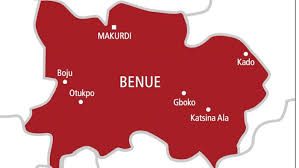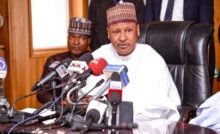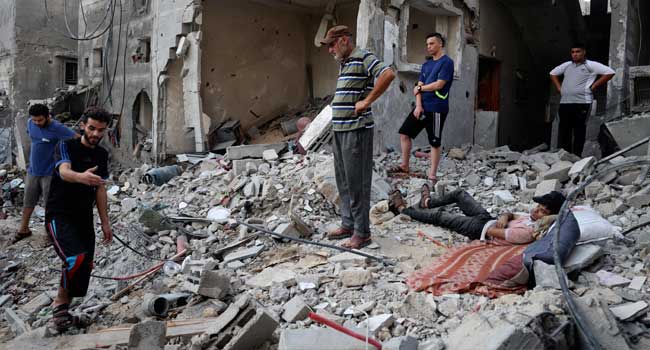Lai Mohammed, minister of information and culture, says an article by The Economist about security challenges in Nigeria is “badly researched.”
The Economist, in an article published in its latest edition, criticised the federal government’s approach to insecurity, saying “when violence erupts, the government does nothing or cracks heads almost indiscriminately”.
The article also described the Nigerian army as “mighty on paper”, and whose personnel are “ghosts who exist only on the payroll, and much of its equipment is stolen and sold to insurgents”.
The article had elicited reactions from the presidency, army, and, most recently, from Sarafa Isola, Nigeria’s high commissioner to the UK, who wrote to The Economist to complain about the “unfair” reportage.
Speaking on Thursday at a media briefing in Abuja, Mohammed described the article as an inaccurate portrayal of insecurity in the country, just as he criticised the Nigerian media for “amplifying” the report.
“The idea of the Nigerian media, especially the traditional media, regurgitating anything and everything published or reported by its foreign counterpart is totally antithetical to its reputation of independence and vibrancy,” the minister said.
“The Nigerian media does itself a great disservice by turning itself into an echo chamber of the foreign media.
“When The Economist reported its patently-wrong and badly-researched story, it was immediately amplified by the local media, without even interrogating its content? This is totally unconscionable! For example, The Economist reported that the jihadist threat in the north-east has ‘metastasized’, and everyone knows that this is totally inaccurate.
“Prior to the time it was dislodged, which was before December 2015 when I led a team of local and international journalists to Bama in Borno state, Boko Haram established the headquarters of its so-called caliphate in that town (Bama), where it hoisted its flag, collected taxes, as well as installed and removed emirs at will.
“Today, Boko Haram has no caliphate anywhere in Nigeria. Yet, the Nigerian press regurgitated that report by The Economist.”







